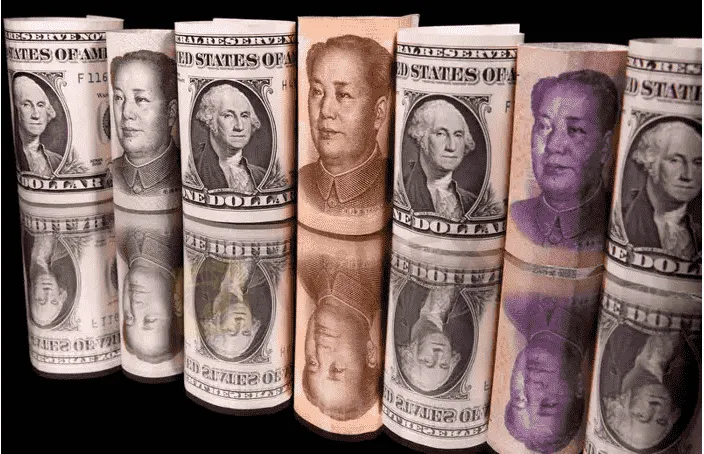Abstract:The euro rebounded back above parity with the dollar on Thursday as the U.S. currency’s recent rally ran out of steam and investors waited to see whether Federal Reserve Chair Jerome Powell would sound a more hawkish tone at a meeting this week.

Investors have also been bracing for the Fed to double down on its commitment to crushing inflation at its annual gathering in Jackson Hole, Wyoming, where Powell is due to speak.
The euro/dollar‘s direction this week has largely been driven by soaring natural gas prices, which are correlated with a weaker euro because of the region’s dependence on gas for its energy needs. Worries about the global economy had sent investors into dollars earlier this week.
“The main driver of U.S. dollar weakness overnight has been a temporary easing of global growth concerns,” said Lee Hardman, an analyst at MUFG, citing media reports that Chinese authorities are stepping up economic support measures with more planned funding for infrastructure.
By 0810 GMT, the U.S. dollar index, which measures the greenback against six counterparts, eased 0.4% to 108.17, but remained not far from its highest since September 2002 at 109.29, touched in mid-July.
The euro was 0.4% higher at $1.001 after this week hitting a 20-year low below parity.
The Australian dollar rose 1.1% to $0.6983, while the Japanese yen rallied 0.4% and sterling by half a percent.
The stronger Aussie dollar came as Chinas yuan rebounded from a two-year low, helped by firmer-than-expected official guidance, which traders took as a sign that authorities are becoming increasingly uncomfortable with rapid losses in the currency. [CNY/]
“In terms of the sharp AUD bounce today, an obvious catalyst appears to be the bounce in CNH on the stronger than expected fixing,” said Sean Callow, a strategist at Westpac in Sydney.
“The positive equity mood in much of the region does help the Aussie in the background.”
Key data releases on Thurday in Europe include the German IFO numbers on the business climate and the release of the minutes of the European Central Banks July meeting, when it hiked interest rates by 50 basis points.










